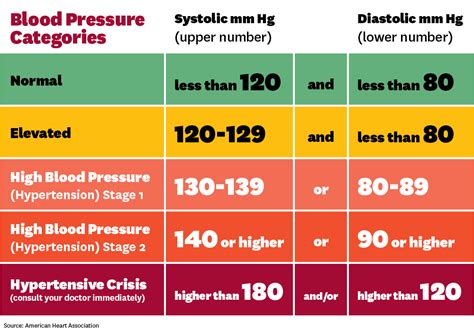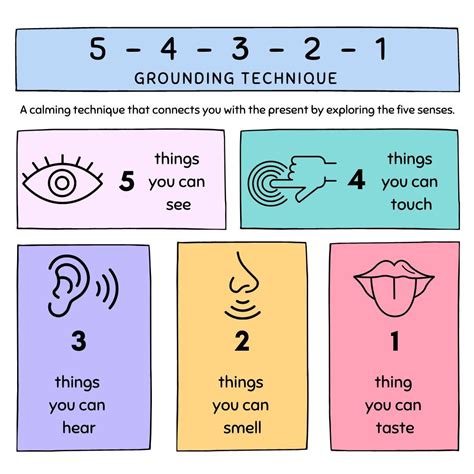Intro
Discover 5 ways to maintain normal blood pressure, including healthy lifestyle habits, stress management, and dietary changes, to reduce hypertension risks and promote overall cardiovascular health and wellness.
Maintaining normal blood pressure is crucial for overall health and well-being. High blood pressure, also known as hypertension, can lead to serious health complications such as heart disease, stroke, and kidney disease. On the other hand, low blood pressure, or hypotension, can cause dizziness, fainting, and inadequate blood flow to vital organs. In this article, we will explore the importance of normal blood pressure and provide tips on how to maintain it.
Normal blood pressure is typically defined as a systolic pressure of less than 120 mmHg and a diastolic pressure of less than 80 mmHg. It is essential to maintain normal blood pressure through a combination of lifestyle changes and, if necessary, medication. By doing so, individuals can reduce their risk of developing cardiovascular disease and other related health problems. In addition, maintaining normal blood pressure can also improve overall quality of life, increase energy levels, and enhance cognitive function.
The importance of normal blood pressure cannot be overstated. According to the American Heart Association, approximately 103 million adults in the United States have high blood pressure, which is a significant risk factor for cardiovascular disease. Furthermore, high blood pressure is often referred to as the "silent killer" because it can cause damage to the body without any noticeable symptoms. Therefore, it is crucial to take proactive steps to maintain normal blood pressure and reduce the risk of developing related health complications.
Understanding Blood Pressure

Factors That Affect Blood Pressure
Several factors can affect blood pressure, including age, family history, diet, physical activity level, and overall health. For example, as people age, their blood vessels naturally become stiffer, which can increase blood pressure. Additionally, individuals with a family history of high blood pressure are more likely to develop the condition. A diet high in sodium, sugar, and saturated fat can also contribute to high blood pressure, while regular physical activity and a healthy diet can help maintain normal levels.Maintaining Normal Blood Pressure

Benefits of Normal Blood Pressure
Maintaining normal blood pressure has numerous benefits, including: * Reduced risk of cardiovascular disease * Improved overall health and well-being * Increased energy levels * Enhanced cognitive function * Better quality of life By maintaining normal blood pressure, individuals can reduce their risk of developing related health complications and improve their overall quality of life.5 Ways to Maintain Normal Blood Pressure

Additional Tips
In addition to the above tips, here are some additional ways to maintain normal blood pressure: * **Monitor blood pressure regularly**: Regular monitoring can help identify any changes in blood pressure and allow for prompt treatment. * **Limit alcohol consumption**: Excessive alcohol consumption can increase blood pressure, so limit intake to no more than one drink per day for women and two drinks per day for men. * **Quit smoking**: Smoking can increase blood pressure and reduce overall health, so quit smoking to maintain normal blood pressure.Conclusion and Next Steps

What is normal blood pressure?
+Normal blood pressure is typically defined as a systolic pressure of less than 120 mmHg and a diastolic pressure of less than 80 mmHg.
What are the risks of high blood pressure?
+High blood pressure can increase the risk of cardiovascular disease, stroke, and kidney disease.
How can I maintain normal blood pressure?
+Maintaining normal blood pressure requires a combination of lifestyle changes, including eating a healthy diet, engaging in regular physical activity, maintaining a healthy weight, getting enough sleep, and managing stress.
We hope this article has provided you with valuable information on maintaining normal blood pressure. If you have any questions or concerns, please don't hesitate to comment below. Share this article with your friends and family to help them maintain normal blood pressure and reduce their risk of developing related health complications. Take the first step towards a healthier you by implementing the tips outlined in this article and consulting with your healthcare provider for personalized advice and treatment.
